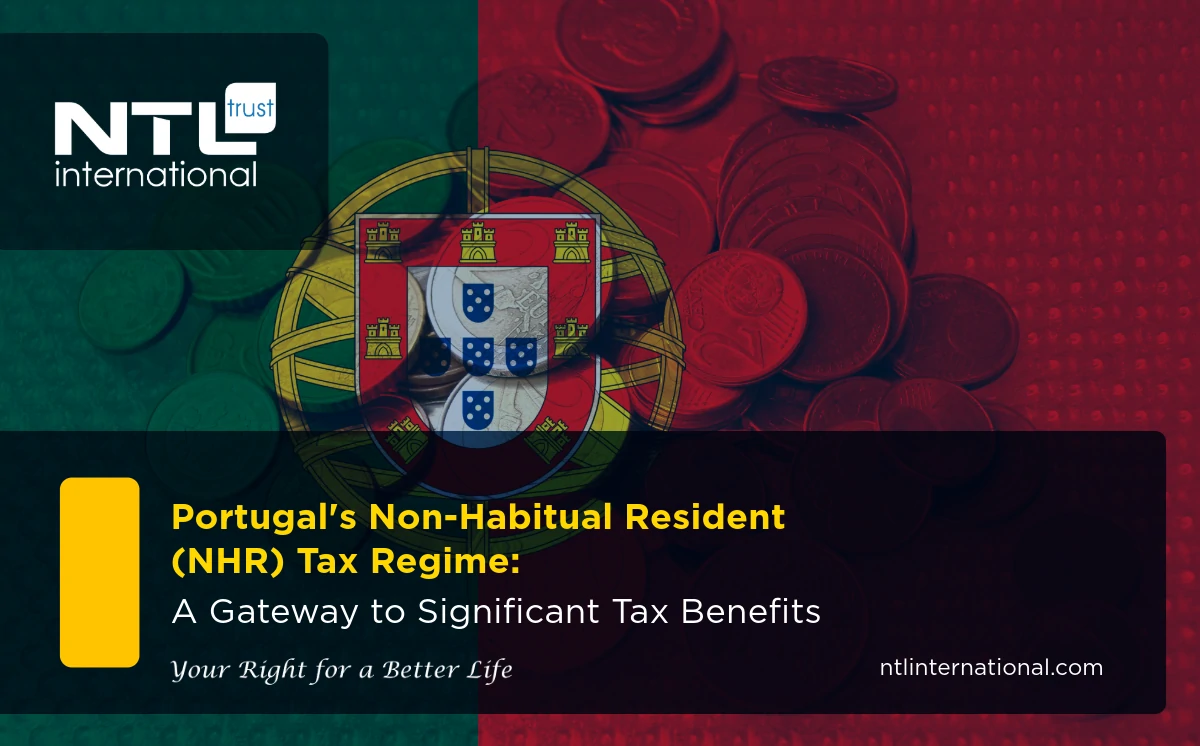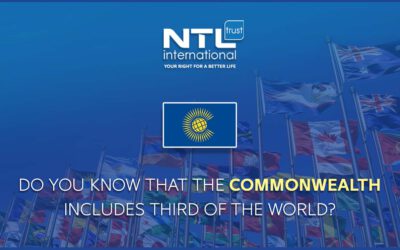
The Non-Habitual Resident (NHR) tax regime is one of the most attractive incentives offered by the Portuguese government, providing significant tax benefits for individuals seeking to relocate to Portugal and enjoy a favorable tax environment. Thanks to its mild climate, affordable cost of living, and advantageous tax system, Portugal has become one of the most preferred European countries for both living and investing.
What is Portugal’s Non-Habitual Resident?
Portugal’s Non-Habitual Resident (NHR) tax regime is a special program designed to attract foreign professionals, retirees, and high-net-worth individuals by offering substantial tax incentives. Established to boost Portugal’s economy through foreign investment and expertise, the NHR regime allows qualifying individuals to benefit from reduced tax rates on specific types of income.
Key Tax Benefits of the NHR Regime
- Flat Tax Rate: Under Portugal’s Non-Habitual Resident, most employment and self-employment income earned in Portugal is taxed at a flat rate of 20%, significantly lower than standard Portuguese tax rates.
- Foreign Income Exemptions: Certain foreign-sourced income, such as pensions, dividends, interest, and royalties, may be exempt from Portuguese taxation if taxed in the source country.
- 10-Year Duration: Once granted, the NHR status provides these tax benefits for a period of 10 consecutive years.
Eligibility and Application Process
To qualify for Portugal’s Non-Habitual Resident, individuals must:
- Become a Tax Resident in Portugal: Reside in Portugal for more than 183 days in a 12-month period or maintain a habitual residence in the country.
- Not Have Been Tax Resident in Portugal in the Previous 5 Years: This requirement ensures the regime targets new residents.
- Application Deadline: Individuals must apply for NHR status with the Portuguese tax authorities by March 31, 2025, following the year they become tax residents.
How to Apply for Non-Habitual Resident Status
- Register as a Tax Resident: Obtain a Portuguese tax identification number (NIF) and register your residence.
- Submit an NHR Application: Complete the application through the Portuguese Tax Authority’s online portal.
- Provide Supporting Documents: This may include proof of residency, tax residency status from previous countries, and relevant identification documents.
Portugal’s Non-Habitual Resident (NHR) tax regime offers an attractive opportunity for individuals seeking to optimize their tax obligations while enjoying the vibrant lifestyle that Portugal provides. For more information about the program, you can contact our experts in citizenship and golden residency programs at NTL.
Frequently Asked Questions
What Types of Income Are Taxed Under the NHR Regime?
Income from employment, self-employment, pensions, dividends, interest, and royalties. However, foreign income may be exempt under double taxation treaties.
What Are the Advantages of Being a Non-Habitual Resident in Portugal?
Reduced flat tax rate, exemptions on foreign income, and access to Portugal’s high quality of life, healthcare, and safety.
Can I Renew My NHR Status After 10 Years?
No, the NHR status is granted for a maximum of 10 years without the possibility of renewal. However, individuals can continue residing in Portugal under standard tax rules.
Are you a Chinese Investor? Then you should consider the Turkish CBI
Months after economic & social turmoil in China, and the ongoing coronavirus outbreak, a growing number of Chinese investors, especially Hong Kong residents, are considering leaving. They are already planning a move to start a new life overseas.
As an Indian investor, why you should seriously consider Turkish citizenship as a plan B?
Turkish Citizenship by investment program is considered a gate that opens the way for you as Indian investors to enter the United States of America and the United Kingdom alike.
Türkiye Wealth Fund inks $5B MoU with China’s Sinosure
Sino-Turkish relations prove their strength, despite the turmoil in the world caused by the Corona pandemic.
Highlights on Ankara Agreement (ECAA)
(ECAA) is the European Community Association Agreement or what is known as the Ankara Agreement between the Republic of Turkey and the European Economic Community for paving the way towards Turkey’s accession to it.
Do you know that the Commonwealth includes a third of the world?
Commonwealth Day is celebrated annually across 5 continents in Africa, Asia, the Caribbean, the Americas, the Pacific and Europe. Members of the British royal family are accustomed to attending the annual Mass. The Queen receives a speech broadcast worldwide and witnesses activities such as science marches, street parties, dancing, parades, discussions and festive activities.





